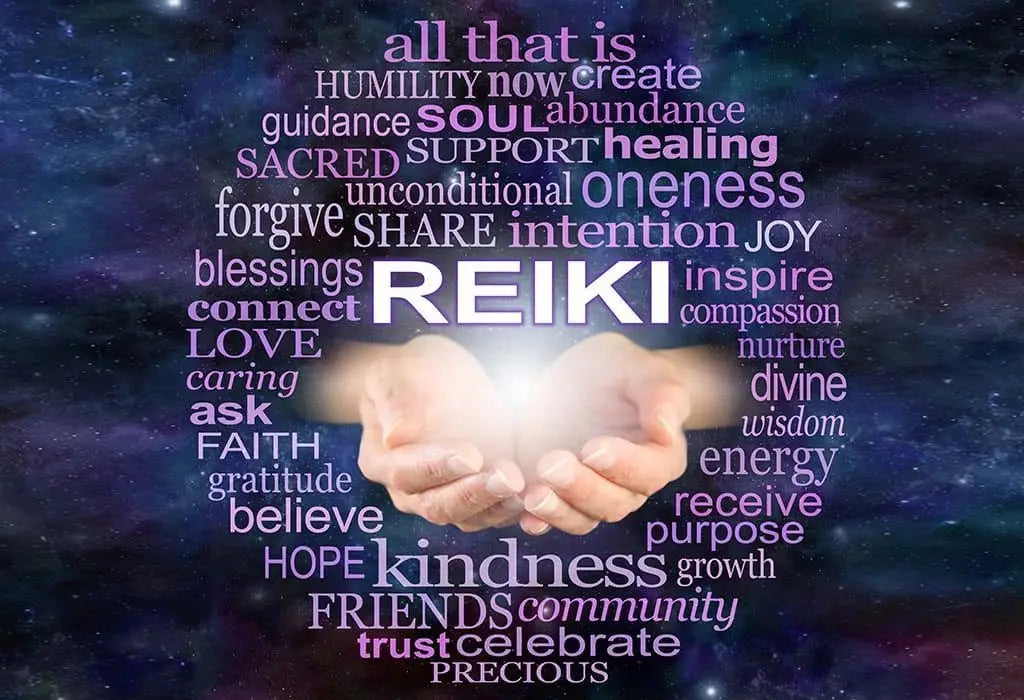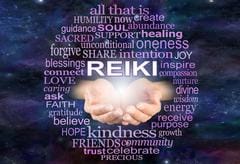
What Is Reiki?
Share
 Reiki energy healing is, in its purest sense, healing for the soul. From a scientific perspective, it involves the manipulation of energy. For those who are relatively new to the practice, it’s important to remember that the body is composed of energy. This can be measured by looking at brain waves on an EEG or looking at the electrical pattern of the heart on an EKG. There is no denying that a person is composed of energy, as proven by the aforementioned evidence.
Reiki energy healing is, in its purest sense, healing for the soul. From a scientific perspective, it involves the manipulation of energy. For those who are relatively new to the practice, it’s important to remember that the body is composed of energy. This can be measured by looking at brain waves on an EEG or looking at the electrical pattern of the heart on an EKG. There is no denying that a person is composed of energy, as proven by the aforementioned evidence.
As far as the first question is concerned, Reiki professionals use their training to rid the body of negative energy that often manifests in the form of pain, fatigue, and other physical ailments. This type of energy can also manifest as negative thoughts, as the body and mind are linked together. The Reiki practitioner then uses his or her skills to bring out the positive energy as negative things are removed. The idea is to improve both physical and mental health by clearing out the negative thoughts and emotions which often cause physical issues, thereby leaving room for more positive energy to take root.
Not everyone goes into a Reiki session believing that it can truly help them. In fact, a lot of people have doubts about it until they have a session or two. That said, these same individuals typically find that they do indeed feel better after a Reiki session. One might even think of it as a deep-tissue massage for the mind, or even the soul.
In reality, Reiki can potentially help with both physical and mental issues, in much the same manner as a massage. The difference is that in Reiki, the practitioner is working with the body’s energy as opposed to physically manipulating the muscles. Perhaps the most unique thing about it is that people often report feeling quite similar to the way they would feel after a massage, once their Reiki session is complete.


